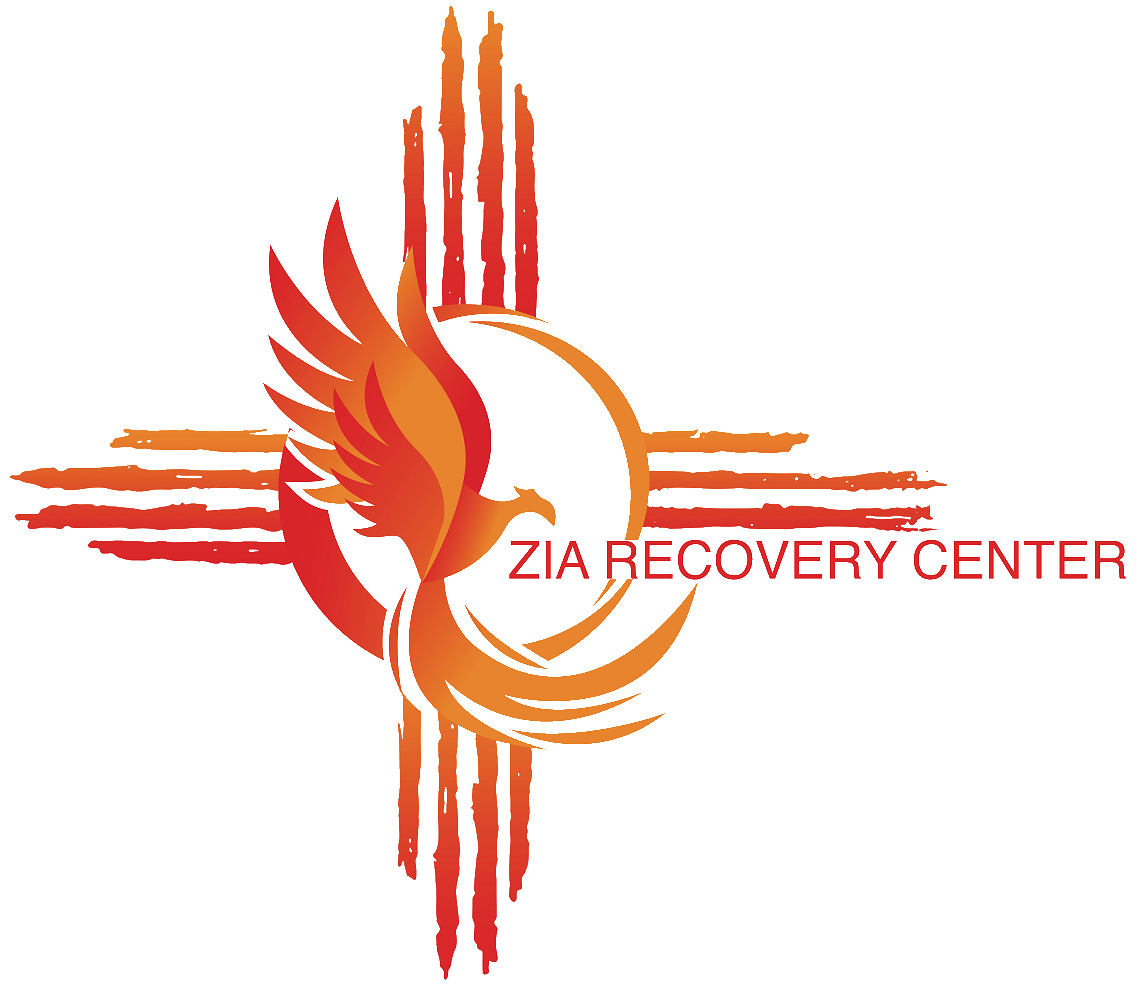Achieving long-term sobriety hinges on the challenging navigation of relapse prevention strategies. The significance of relapse prevention, though sometimes overlooked, cannot be overstated; it empowers individuals to fortify their resilience, cultivate self-awareness, and build a robust toolkit of coping mechanisms essential for navigating challenges inherent in the recovery process. However, without awareness and sensitivity, triggers can lead to relapse.
Relapse prevention involves understanding the complex interplay of triggers, which can range from environmental cues to emotional stressors, and implementing proactive measures to avoid a return to substance use. This article will support you in cultivating a keen understanding of triggers that most commonly lead to relapse and provide accessible tools to identify and overcome these triggers.
Role of Triggers in Addiction and Relapse Prevention
When it comes to addiction, triggers can come in all shapes and sizes. From walking down the wrong street to running into an old familiar face, triggers can pop up anywhere and everywhere and at any time.
So, what constitutes a trigger in the context of addiction?
Simply put, triggers are stimuli or situations that elicit a strong urge or desire to engage in substance use, posing a sometimes debilitating challenge to the recovery process. They can evoke strong feelings so uncomfortable that the desire to relapse becomes overwhelming and difficult to overcome. Triggers can manifest in various forms, the main three being environmental, emotional, and social.
● Environmental triggers may include specific locations or situations associated with past substance use.
● Emotional triggers are linked to intense feelings such as stress, sadness, anxiety, or anger.
● Social triggers arise from interactions with certain individuals or social settings that evoke memories, emotions, or temptations.
The impact of these triggers transcends the immediate craving for substances; they can significantly influence an individual’s mental and emotional well-being, and create friction for those committed to sobriety.
Understanding the diverse nature of triggers and their potential impact is crucial for individuals in recovery, as it enables them to develop tailored strategies to identify, confront, and manage these challenges on their recovery path the moment they surface.
Strategies for Identifying Triggers
Our compassionate and experienced team is made up of individuals who have – and continue to – overcome substance abuse disorder. So, we have a few powerful pointers to offer when it comes to identifying triggers.
1. Self-Reflection
One foundational strategy is fostering self-reflection and self-awareness through practices like journaling and self-inquiry. Encouraging individuals to sit with their thoughts, emotions, and reactions can allow them to recognize patterns that may precede substance cravings. This heightened awareness empowers individuals to pinpoint potential triggers before they escalate into a relapse risk.
2. Therapy and Counseling Services
Therapy and counseling sessions play a pivotal role in identifying and understanding triggers, whether through talk therapy, somatic practices, or group therapy. Professional guidance can provide a structured outlet for individuals to explore the root causes of their addiction, and therapists can help individuals develop coping mechanisms and strategies tailored to their specific triggers.
3. Trigger Journal
Keeping a trigger journal is another effective preventative practice that individuals can implement in their recovery journey. This involves maintaining a detailed record of situations, emotions, and events associated with cravings or substance use urges. The process of journaling not only facilitates self-awareness but also provides individuals with tangible insights into recurring triggers.
Over time, patterns and trends may emerge, empowering individuals to anticipate and proactively address potential challenges. A trigger journal serves as a valuable tool for both individuals and their support network, offering a shared understanding of the unique dynamics at play in the recovery process.
Coping Mechanisms for Dealing with Triggers
Effectively coping with triggers is an essential aspect of sustained recovery and relapse prevention, requiring individuals to cultivate a diverse toolkit of strategies. But remember – coping mechanisms for triggers are not a one-size-fits-all, and require a personalized and multifaceted approach. Here are just a few:
● Practice Mindfulness and Mediation
Mindfulness and meditation practices foster a non-judgemental awareness of the present moment so that individuals can detach from the intensity of trigger-induced emotions and cravings that could lead to relapse. These practices can empower individuals to observe their thoughts and feelings without succumbing to them, fostering a sense of inner calm and resilience.
● Develop a Support System
Surrounding yourself with understanding and empathetic individuals, whether friends, family, professionals, or fellow peers in recovery, provides a vital safety net during challenging times. A support system offers emotional reinforcement and provides a network of accountability, encouraging individuals to reach out for help when faced with triggers.
● Make Healthy Lifestyle Choices
Implementing healthy lifestyle choices can make all the difference in dealing with triggers. Regular exercise, balanced nutrition, and sufficient sleep contribute to overall well-being, mitigating stressors that may amplify the impact of triggers. Engaging in activities that bring joy and fulfillment further reinforces a positive mindset, reducing the susceptibility to relapse.
● Seek Professional Support
Professional support truly goes beyond crisis intervention; it provides ongoing support and guidance that can make all the difference in the recovery journey. Triggers are inevitable, but navigating difficulty alone is avoidable. Working with an addiction recovery center provides various forms of treatment, opportunities to live with peers navigating similar obstacles, and round-the-clock support.
Zia Recovery Center and Relapse Recovery
It is important to remember that the pursuit of lasting recovery is not just about abstaining from substances; it’s about building a life rich in joy, purpose, and connection. Through practicing and implementing relapse prevention strategies and taking the time to mentally and emotionally process triggers, individuals can embody more resilience and wellness.
Overcoming substance abuse is an ongoing journey that requires consistency, determination, and a community of support. You don’t have to do it alone. Contact our team at Zia Recovery Center to learn how we can support you or your loved one with relapse prevention.

